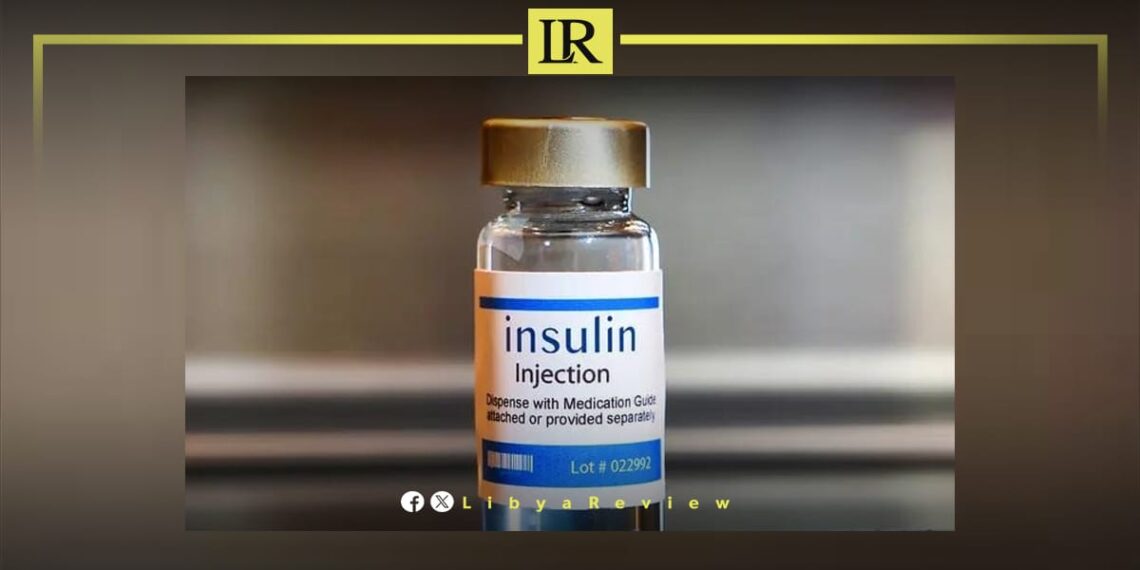Libya is confronting a deepening health emergency as the shortage of insulin widens across the country, placing thousands of diabetes patients at imminent risk. The Libyan Friends of Diabetes Organisation warned that the situation is becoming critical, calling for an urgent intervention from national health authorities to secure sufficient quantities of high-quality and affordable insulin.
The organisation said the escalating shortage, combined with rising prices and delays in salary and financial support for patients, has created severe hardship for families dependent on daily insulin doses. It urged authorities to reconsider financial procedures that hinder timely access to medication and to establish a swift, transparent mechanism for disbursing patient entitlements.
The group also stressed the need for a free or subsidised distribution system to support low-income households, ensuring equal access to essential treatment. It appealed to local and international humanitarian and medical organisations to cooperate with Libyan health authorities to prevent what it described as a “potential health catastrophe.”
In its statement, the organisation reaffirmed its commitment to defending patients’ rights, urging decision-makers to shoulder their ethical responsibilities toward those living with diabetes. It emphasised that diabetes is not a weakness but a chronic condition requiring ongoing care and consistent medical protection.
Although recent official statistics are lacking, 2024 data from the International Diabetes Federation estimate that Libya has around 634,800 adult diabetes patients aged between 20 and 79, representing a prevalence rate of 15.8 percent. Local field studies indicate a rise in complications such as retinopathy and neuropathy among clinic visitors, reflecting weak medical follow-up and difficulties accessing regular healthcare, especially in remote regions.
Libya’s political and financial divide has deepened the crisis. With two parallel governments, the Central Bank has adopted emergency financial arrangements, allocating one-twelfth of the last approved budget each month. The health sector received about 5.06 percent of total government spending in the 2022 budget, equivalent to roughly 1.36 billion US dollars.
The World Health Organization has highlighted persistent underfunding and the lack of an executable health budget, warning that shortages in essential medicines are worsening. The Union of Libyan Clinics reported that many vital drugs are on the verge of running out, heightening fears of a further collapse in the health system.


